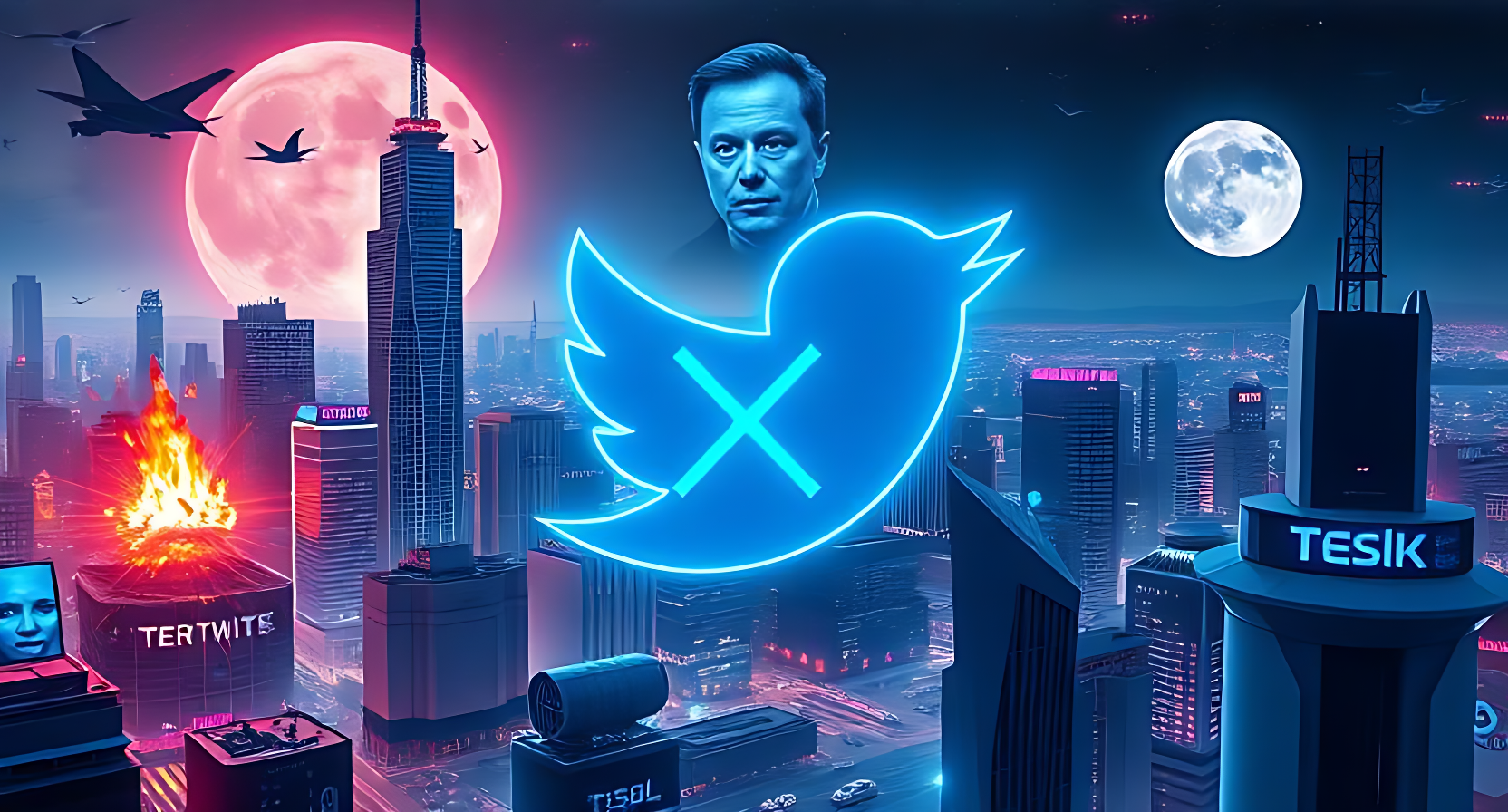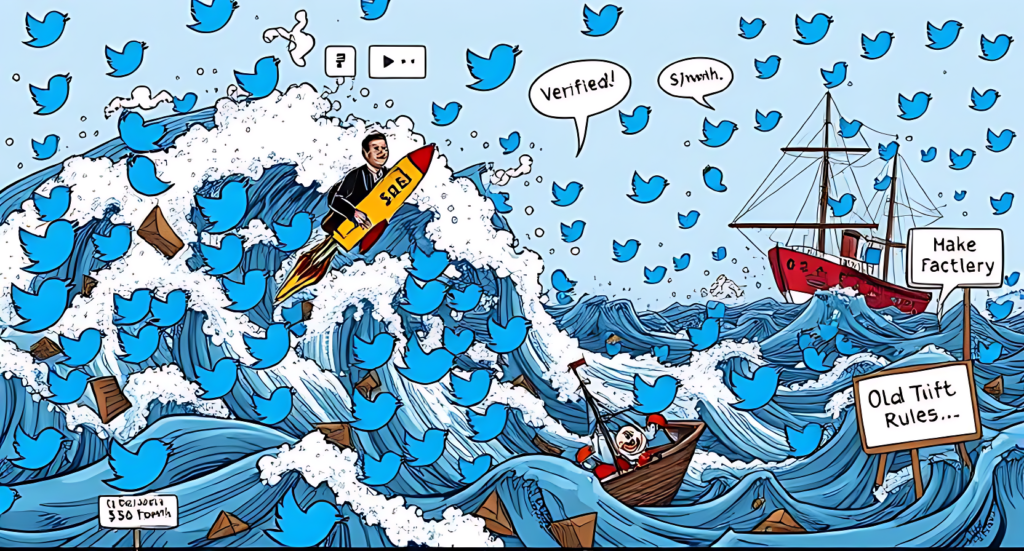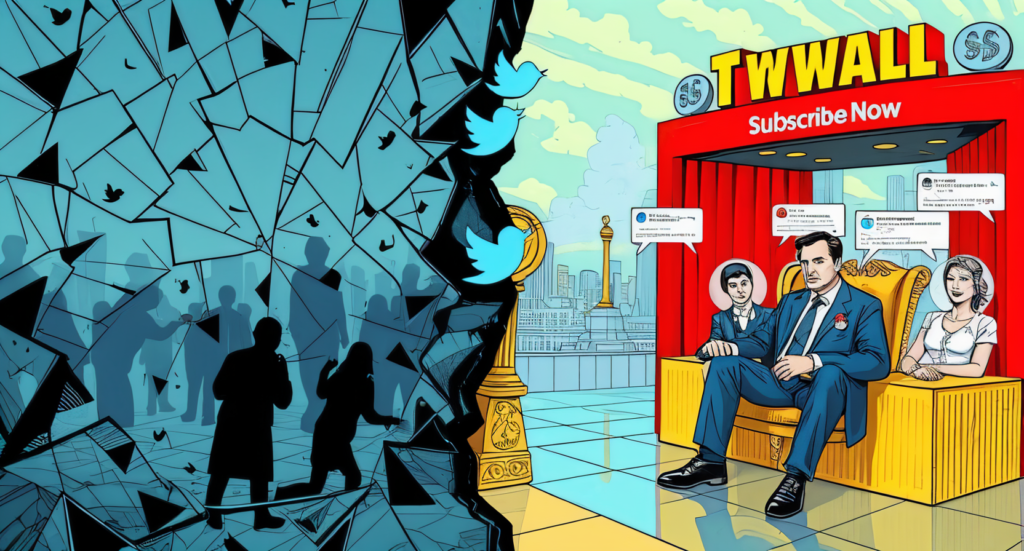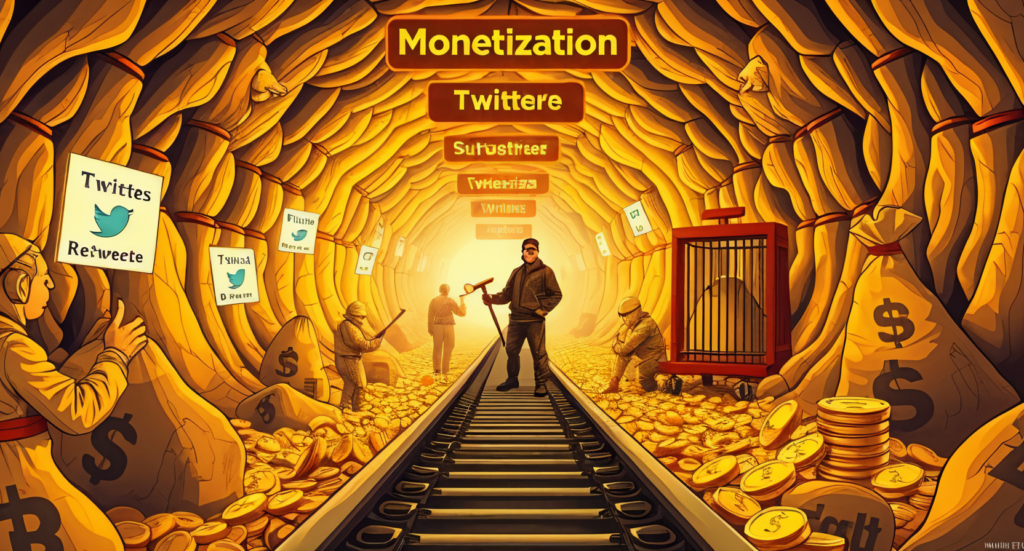
Elon Musk Twitter Takeover: A Revolution in Social Media
When Elon Musk Twitter saga began, no one expected the seismic shifts that followed. From controversial policy changes to bold innovations, Musk’s ownership has kept the world glued to their screens. Whether you love him or hate him, Elon Musk Twitter era is reshaping how we interact online. Here’s a deep dive into the most shocking transformations—and what they mean for users.
1. The $44 Billion Gamble: Why Did Elon Musk Buy Twitter?
The Elon Musk Twitter deal was anything but ordinary. Paying a staggering $44 billion, Musk turned heads with his ambitious vision: a “digital town square” for free speech. Critics called it overpriced, but for Musk, it was about control. He believed Twitter had untapped potential—if only someone dared to disrupt it.
Since then, Elon Musk’s Twitter has seen radical shifts—mass layoffs, verification overhauls, and even temporary rebranding to “X” Was it worth it? Only time will tell, but one thing’s certain: Musk doesn’t do things halfway.
2. Blue Checks for Everyone? The New Verification Chaos
Before Elon Musk Twitter, the blue checkmark was a status symbol for celebrities and journalists. Now? Anyone can buy verification for $8/month. This move sparked outrage—fake accounts impersonating brands and public figures ran rampant.

Musk defended the change, calling it “democratizing verification.” Yet, the chaos forced Twitter to introduce “gold” and “gray” checks for businesses and governments. The lesson? Elon Musk Twitter experiments don’t always go smoothly—but they sure keep us talking.
3. Free Speech vs. Moderation: Where’s the Line?
One of Elon Musk Twitter’s biggest promises was restoring free speech. But critics warned: less moderation could mean more hate speech and misinformation.
The results? Mixed. Banned accounts (like Trump’s) were reinstated, while others accused Musk of inconsistency. When he suspended journalists criticizing him, backlash was swift. Elon Musk Twitter walks a tightrope—balancing free expression with platform safety remains a high-stakes challenge.
4. From Twitter to X: A Rebrand That Divided the Internet
In July 2023, Elon Musk Twitter shocked the world by ditching its iconic bird logo for a minimalist “X.” Fans called it futuristic; others mourned the loss of a cultural staple.
Musk’s vision? Turning Twitter into an “everything app” like China’s WeChat—handling payments, videos, and more. But with dwindling ad revenue and user frustration, can Elon Musk’s Twitter pull it off? Or is this another risky gamble?
5. The Rise of Paywalls: Will Twitter Stay Free?
Under Elon Musk Twitter, monetization is king. From paywalled DMs to subscription-only features, Musk is pushing users to open their wallets.

The latest? A rumored “premium tiers” system offering exclusive perks. While businesses might benefit, casual users feel alienated. Elon Musk’s Twitter is betting big on paid models—but will users stick around if free access shrinks?
6. AI, Bots, and Fake News: Can Musk Clean Up Twitter?
Musk once called bots Twitter’s “single most annoying problem.” Yet, under Elon Musk Twitter, experts say bot activity hasn’t dropped significantly.
His solution? Charging for API access to deter spam accounts. But with AI-generated content rising, the battle is far from over. If Elon Musk Twitter can’t curb misinformation, trust in the platform could collapse.
7. The Future: Will Twitter Survive Musk’s Wild Ride?
Love it or hate it, Elon Musk Twitter is never boring. From layoffs to lawsuits, Musk’s leadership is a rollercoaster.
Yet, Twitter’s user base remains strong. Whether it evolves into Musk’s “super app” or crumbles under controversy, one thing’s clear: Elon Musk Twitter is the most unpredictable show in tech—and we’re all watching.
8. Advertisers Flee—But Do They Return? The Ad Exodus Under Elon Musk Twitter
One of the biggest shocks after Elon Musk Twitter took over was the mass exodus of advertisers. Big names like Coca-Cola, Apple, and Volkswagen paused spending, fearing brand safety amid looser content moderation. Musk didn’t back down, though—he mocked fleeing brands and even tweeted, “Go fuck yourself” to Disney’s CEO during a public feud.
Yet, Elon Musk Twitter eventually rolled out incentives to lure advertisers back, including ad revenue sharing for creators and stricter controls for “brand-safe” content. By mid-2024, some major players cautiously returned, but spending levels still lag behind pre-Musk days. The lesson? Elon Musk’s Twitter can afford to alienate some advertisers—but not all.
9. Creator Monetization: A Golden Opportunity or Empty Promise?
Under Elon Musk Twitter, monetization isn’t just for corporations—it’s for everyday users too. The platform introduced ad revenue sharing, paying creators for viral tweets. Some influencers reported earning thousands per month, turning Twitter into an unlikely income stream.

But there’s a catch: Payouts favor controversy. Engagement-driven algorithms mean outrage often outperforms thoughtful content. Elon Musk’s Twitter rewards provocateurs, raising questions: Is this sustainable, or will it drown out nuanced discourse?
10. The “Shadowban” Controversy: Is Elon Musk Twitter Really Transparent?
Musk vowed to make Elon Musk Twitter the “most transparent social platform,” even releasing internal files on past moderation decisions. Yet, users soon accused him of hypocrisy when certain accounts—including critics and competitors—mysteriously saw reduced reach.
Musk claimed these were technical glitches, not deliberate suppression. But trust eroded further when journalists revealed Elon Musk’s Twitter had quietly boosted Musk’s own tweets algorithmically. The takeaway? Even in the Elon Musk Twitter era, transparency remains a work in progress.
11. The Rise of Long-Form Content: Is Twitter the New Blogging Hub?
Before Elon Musk Twitter, the platform thrived on snappy, 280-character posts. Now? Musk encourages long-form writing with Twitter Notes (later merged into X). The move mirrors Substack, letting users publish articles directly on the platform.
Early adopters praise it, but critics argue it clutters timelines. Elon Musk’s Twitter seems torn between its microblogging roots and Musk’s ambition to dominate all digital communication. Can it balance both, or will it lose its identity?
12. The Legal Battles: How Elon Musk Twitter Fights Governments—and Itself
From court orders in Turkey to EU regulations, Elon Musk’s Twitter has aggressively pushed back against government censorship demands. Musk frames it as a free-speech crusade, but the battles come at a cost. Twitter’s legal team has ballooned, and fines loom in regions with strict content laws.
Meanwhile, former employees sued over abrupt layoffs, and ex-execs demanded severance pay. Elon Musk Twitter isn’t just fighting outsiders—it’s cleaning up internal turmoil too.
13. What’s Next? Predictions for Elon Musk Twitter in 2025
As Elon Musk Twitter barrels into 2025, expect more turbulence. Rumors suggest:
- Crypto integration: Musk’s affinity for Dogecoin could make Twitter a hub for crypto payments.
- AI curation: Musk’s xAI might replace traditional algorithms to reduce “woke bias,” as he claims.
- More paywalls: Exclusive features could push users toward subscriptions.
One thing’s certain: Elon Musk Twitter won’t settle for the status quo. Whether that’s a recipe for innovation or self-sabotage remains to be seen.
Final Thoughts: Is Elon Musk’s Twitter a Success or a Mess?
The Elon Musk Twitter era defies simple labels. It’s chaotic, bold, and polarizing—just like Musk himself. Some changes empower users; others spark fury.
But in a world where social media feels stagnant, Elon Musk Twitter dares to disrupt. Whether that’s genius or recklessness depends on who you ask. One thing’s certain: as long as Musk is in charge, expect the unexpected.
What’s your take? Is Elon Musk Twitter a revolution—or a train wreck? Sound off in the comments!
